The Ethical Implications of AI-Powered Image Generation
AI-powered image generation has revolutionized the creative landscape, providing users with powerful tools to generate realistic and visually stunning images. While AI image generation offers numerous benefits, it also raises important ethical considerations. In this blog post, we will delve into the ethical implications of AI-powered image generation, exploring topics such as authenticity, copyright, bias, and the responsible use of this technology.
Authenticity and Misinformation
AI-generated images have the potential to blur the line between real and synthetic. As the technology advances, it becomes increasingly challenging to distinguish AI-generated images from genuine photographs. This raises concerns about the spread of misinformation, as manipulated or fabricated images can be used to deceive or manipulate individuals, compromising trust and distorting reality.
Copyright and Intellectual Property
The use of AI to generate images raises questions about copyright and intellectual property rights. AI models are often trained on vast datasets that include copyrighted material. It is crucial to respect copyright laws and ensure that AI-generated images do not infringe upon the rights of original creators. Clear guidelines and regulations are needed to navigate this complex landscape and protect the rights of content creators.
Bias in AI-Generated Images
AI algorithms learn from large datasets, which may contain inherent biases and societal prejudices. This can result in AI-generated images that reflect and perpetuate biases related to race, gender, or other sensitive attributes. Careful consideration must be given to the training data, algorithmic biases, and the potential impact of biased images on individuals and communities.
Addressing Bias in Training Data
To mitigate bias in AI-generated images, it is essential to carefully curate and diversify the training datasets. By including a wide range of images and perspectives, AI models can learn to generate images that are more representative and inclusive. Ongoing research and development in fairness and bias mitigation techniques are crucial to ensure ethical and unbiased image generation.
Misuse of AI-Generated Images
AI-generated images can be misused for various purposes, including malicious intent. For example, they can be used to create fake identities, spread misinformation, or generate inappropriate or offensive content. It is important to promote responsible use of AI-generated images and establish guidelines and policies to prevent their misuse, protecting individuals' privacy and preventing harm.
Transparency and Disclosure
Transparency is key when using AI-generated images. Users should be aware that they are interacting with AI-generated content and understand the limitations and potential biases associated with it. Clear disclosure of AI involvement in image generation builds trust and allows individuals to make informed decisions about how they engage with such content.
Accountability and Regulation
As AI-powered image generation becomes more widespread, it is crucial to establish accountability and regulation frameworks. This includes defining ethical standards, ensuring compliance with legal requirements, and holding individuals and organizations responsible for the consequences of their AI-generated content. Collaboration between industry, policymakers, and researchers is necessary to establish guidelines and best practices.
The Responsible Use of AI-Powered Image Generation
While there are ethical challenges associated with AI-powered image generation, responsible use of this technology can lead to positive outcomes. Transparency, accountability, and consideration for ethical implications should be at the forefront of its development and deployment. By fostering responsible practices, we can harness the creative potential of AI image generation while mitigating its negative impacts.
Conclusion
AI-powered image generation presents exciting opportunities for creativity and innovation. However, it also raises important ethical considerations that must be addressed. From authenticity and copyright to bias and responsible use, the ethical implications of AI-generated images require careful thought and proactive measures. By promoting transparency, addressing bias, and establishing clear guidelines, we can harness the benefits of AI image generation while ensuring its responsible and ethical application in our society.


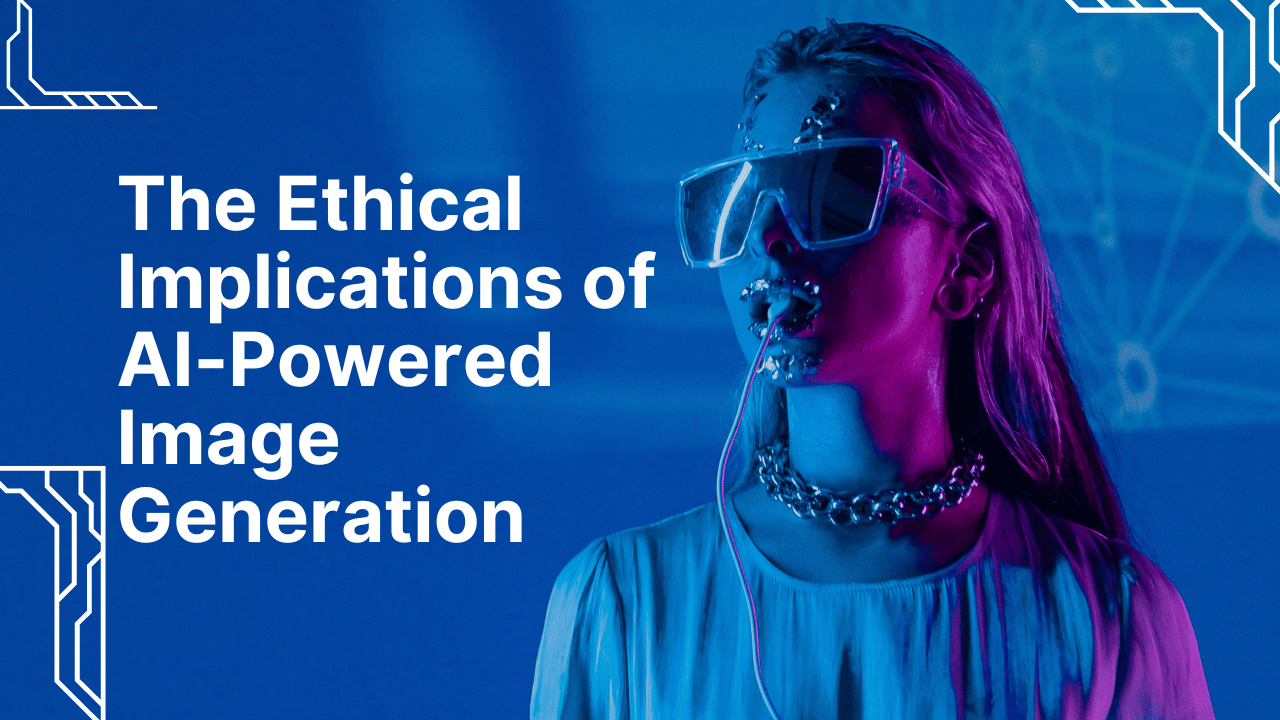
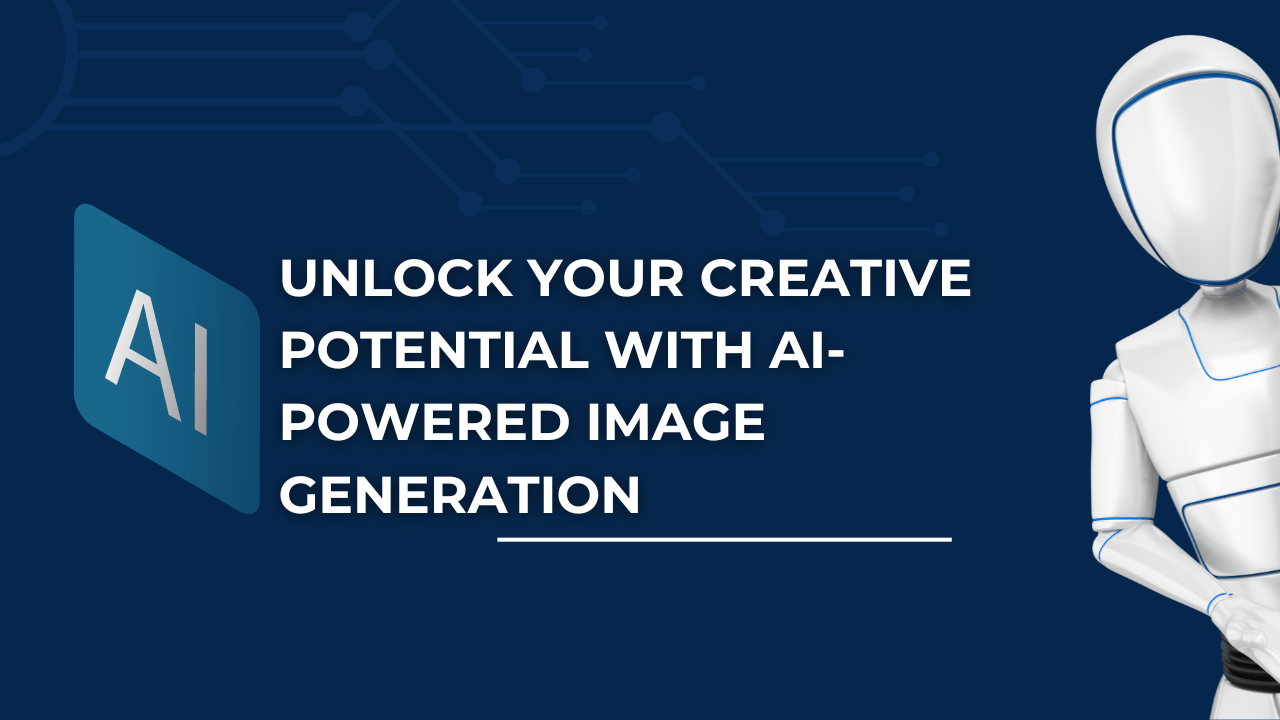
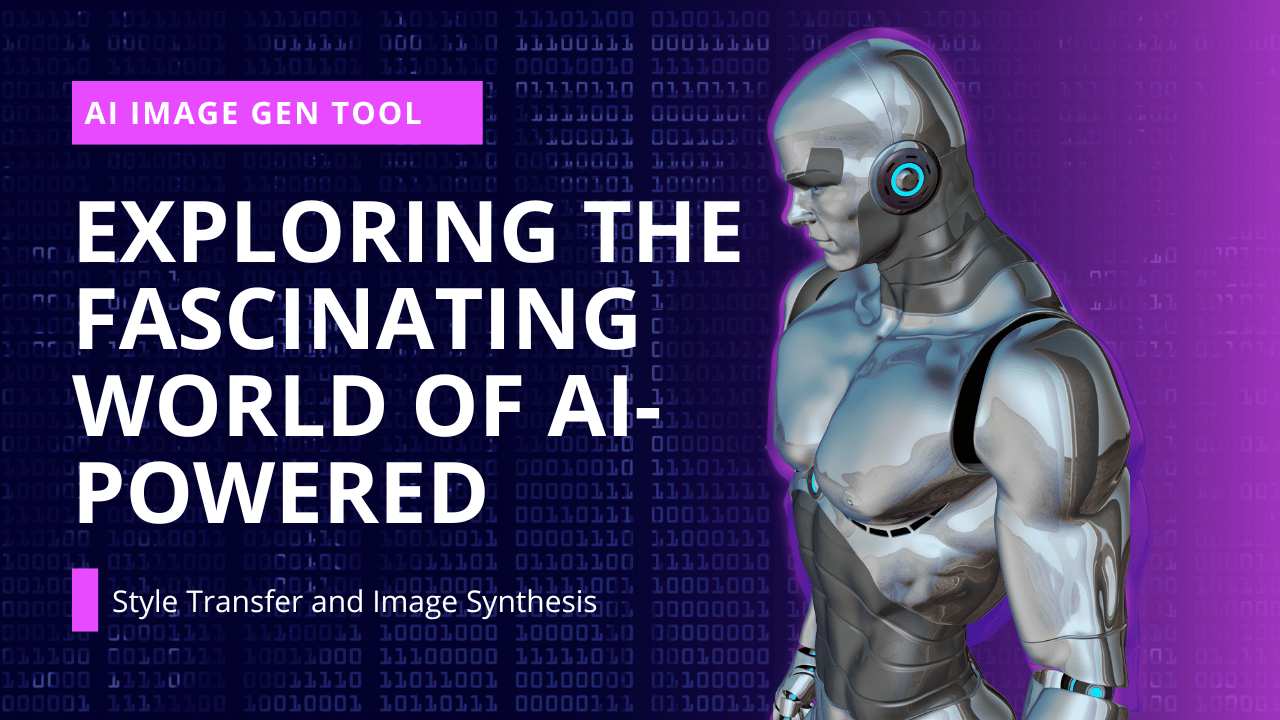
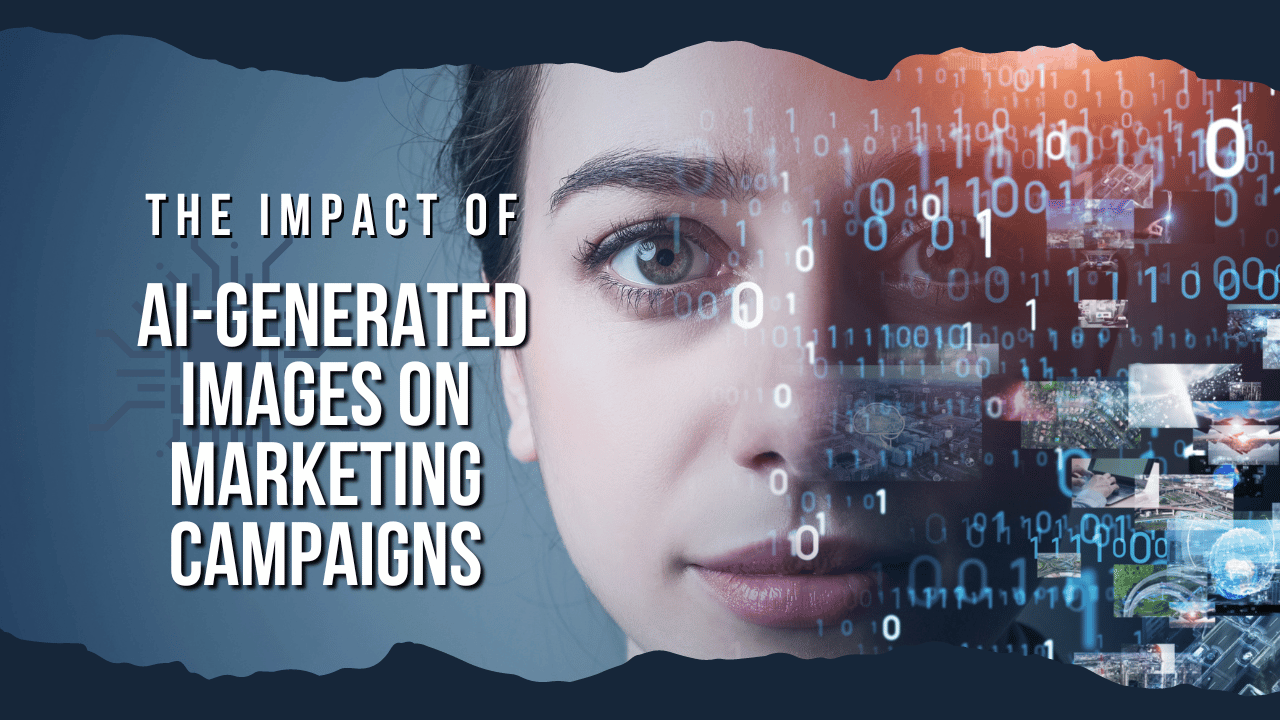
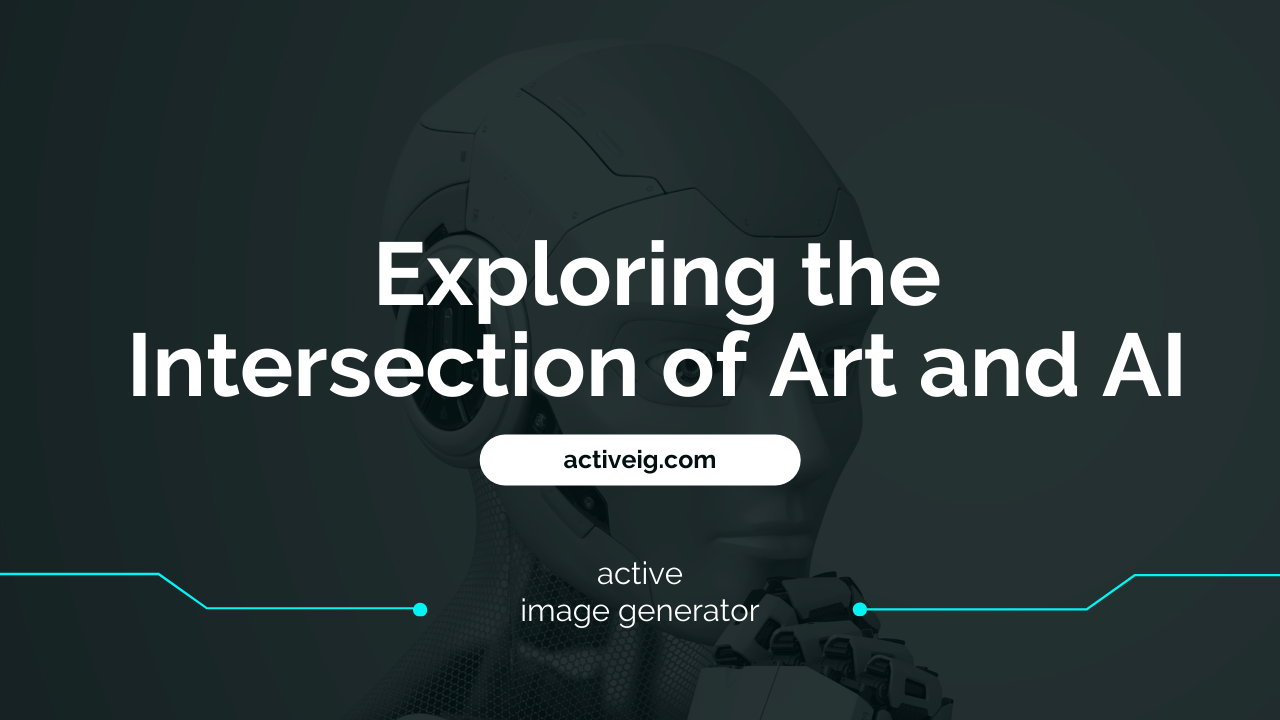
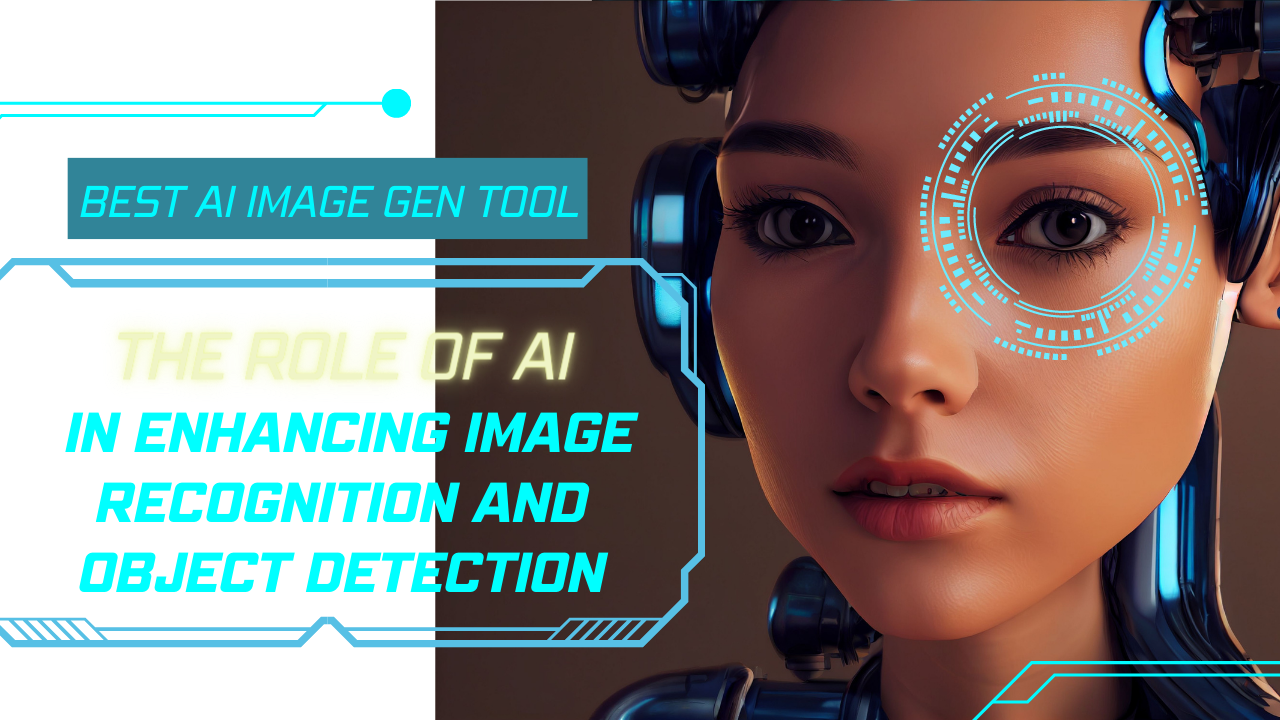
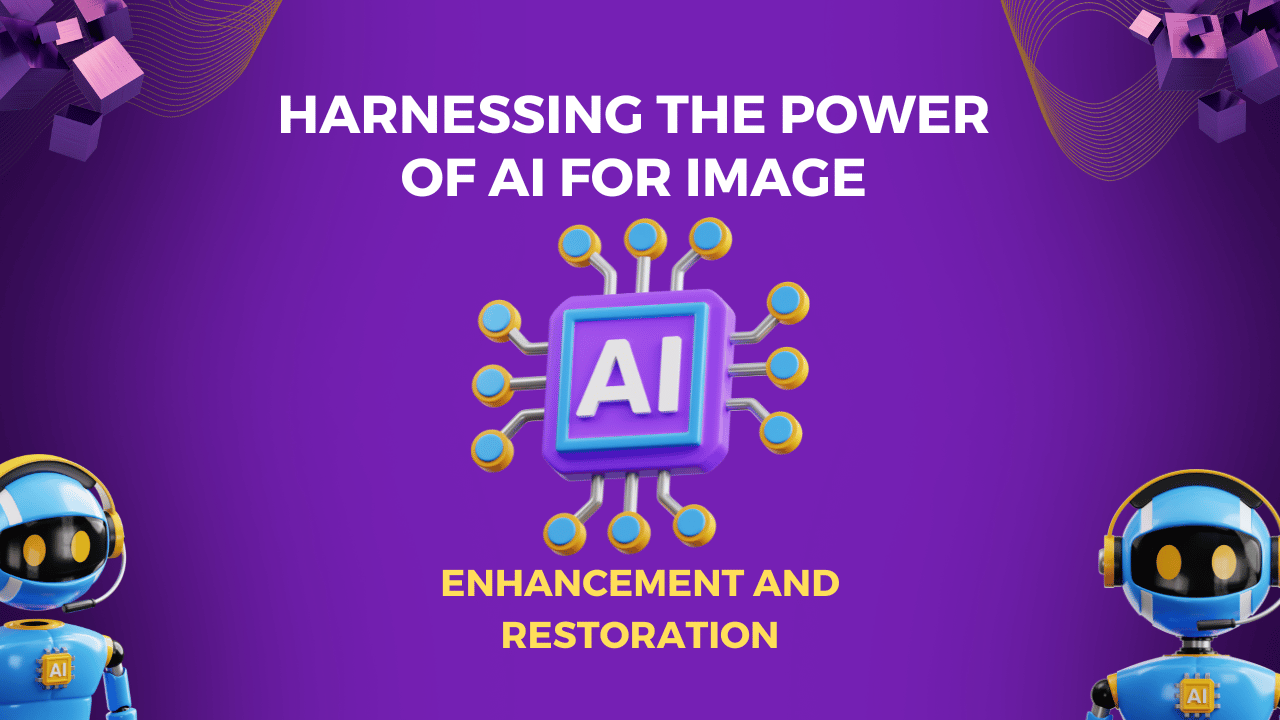
Comments (0)
No comments found